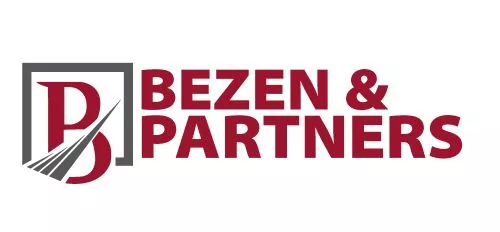The Law Amending Tax Laws, Certain Laws and Decrees (the "Omnibus Law") was published in the Official Gazette dated 27 March 2018 and numbered 30373. The Omnibus Law brings important amendments concerning unlicensed energy market activities including certain tax exemptions.
According to the Unlicensed Energy Market Regulation1, generation of electricity based on renewable energy resources (i.e. solar and wind power) at so-called "rooftop power plants" is regarded as an unlicensed market activity. According to the amendment made to Article 9 of the Income Tax Law by the Omnibus Law, real persons who sell excess energy generated from rooftop power plants with a maximum installed power of 10 kW will be exempt from income tax with respect to revenues derived from such sale. This exemption is intended to promote more widespread use of solar capacity in the context of non-commercial electricity generation.
The Omnibus Law brings another important amendment with respect to the energy efficiency scheme recently launched by the Ministry of Energy and Natural Resources ("MENR") to reduce electricity consumption in housing and street light networks by transitioning the existing conventional electricity system to an energy efficient and modern system. According to the amendment made to Additional Article 1 of the Energy Efficiency Law2 by the Omnibus Law, State entities will be able to enter into energy performance agreements (with a term up to 15 years) for the purpose of reducing their energy consumption and energy costs. According to Additional Article 1 of the Energy Efficiency Law, these agreements will not be subject to the Public Procurement Law3 except as it relates to penalties and prohibitions from participation in tenders.
Lastly, the amendment made to Article 17 of the Electricity Market Law by the Omnibus Law stipulates that energy storage and market activities which are carried out within the scope of "demand side participation" projects will be regarded as unlicensed energy market activities. Demand side participation enables consumers to actively participate in the wholesale energy market by reducing their electricity loads during times of high wholesale electricity price or system supply shortages. Such energy storage and demand side participation provide yet another tool to manage the supply-demand balance in the electricity market. Limitations and general rules and procedures regarding these new unlicensed market activities are expected to be published by EMRA (after consultation with the Council of Ministers) in the future.
Footnote
1 Published in the Official Gazette dated 2 October 2013 and numbered 28783.
2 Published in the Official Gazette dated 2 May 2007 and numbered 26510.
3 Published in the Official Gazette dated 22 January 2002 and numbered 24648.
The content of this article is intended to provide a general guide to the subject matter. Specialist advice should be sought about your specific circumstances.




